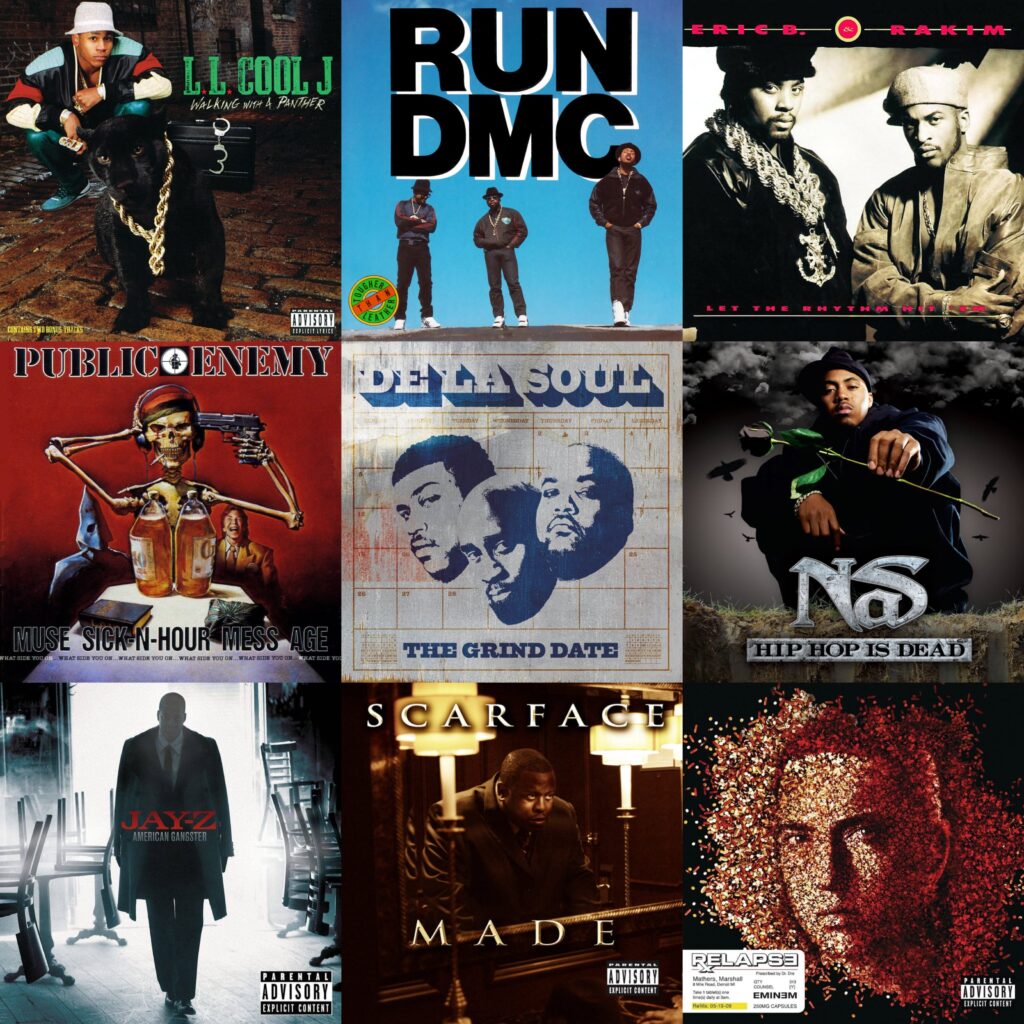
From the classics of the 90s to the more recent releases, Hip Hop has always been at the forefront of pushing boundaries and breaking down barriers. But even the most elite Hip Hop artists have put out albums that didn’t quite hit the mark. Maybe they were ahead of their time, didn’t fit the prevailing trends, or just didn’t resonate with critics and fans at the time.
In a previous article, we talked about some of the most disappointing albums from elite Hip Hop artists. In this piece, we want to give these artists a fair shake and highlight some of their most underappreciated or unfairly criticized albums. These are the albums that maybe didn’t get the recognition they deserved when they first dropped, or that have been forgotten over time. They’re the ones that got lost in the shuffle, the ones that don’t get talked about enough in a positive way.
From LL Cool J to Nas, from Eminem to Jay-Z, we’re going to take a deep dive into some of the most underrated albums from elite Hip Hop artists. These are the albums that might not have gotten the recognition they deserved at the time, but they are definitely worth checking out today. So get ready to discover some hidden gems and revisit some albums that may have been overlooked. These are the 12 albums from elite Hip Hop artists that deserve more appreciation.
LL Cool J - Walking With a Panther (1989)
When LL Cool J released his third studio album, Walking with a Panther, in 1989, it was met with mixed reviews from critics and fans alike (even if it was a commercial success, going platinum eventually). Some saw Walking with a Panther as a misstep for the rapper, who had already established himself as one of Hip Hop’s first superstars on the strength of his game-changing debut album Radio (1985) and the mega-hit Bigger and Deffer (1987). But looking back on the album today, it’s clear that Walking with a Panther deserves a new appreciation.
Despite the criticism, LL Cool J’s ambition and experimentation on this album are evident. He produced the majority of the album himself, with assistance on a few tracks from the Bomb Squad (on “Nitro” and “It Get’s No Rougher”) and Rick Rubin (“Going Back To Cali”), showcasing his versatility and willingness to explore different sounds and styles.
Walking with a Panther features LL Cool J’s trademark braggadocious and charismatic style, with hit singles like “Jingling Baby,” “I’m That Type of Guy,” “Big Ol’Butt”, and “Going Back to Cali.” being the songs that initially caught the public’s attention. While the album may be criticized for its romantic ballads, tracks such as “Nitro”, “It Get’s No Rougher”, “Why Do You Think They Call It Dope?” and “Dropping “Em” all are straight-up bangers – and there’s plenty of more heat on this album besides, like the standout “Fast Peg”, and “You’re My Heart”, which isn’t a bad ballad at all.
For us, Walking with a Panther is an underrated gem in LL Cool J’s catalog, displaying his ambition and experimentation as an artist while staying true to his roots in Hip Hop. Despite initial criticism, the album contains enough tracks that remain influential in Hip Hop today. It’s an album that deserves more recognition and appreciation from fans and critics alike.
Run DMC - Tougher than Leather (1988)
Now, when people talk about Run DMC, it’s usually their first three albums that get all the shine, especially Raising Hell (1986), which is undoubtedly their best album. But Tougher than Leather is often forgotten or ignored when classic golden era albums are discussed, and that’s a shame, it is definitely better than the uneven King of Rock (1985).
When Tougher than Leather was released in 1988, Run DMC and Jam Master Jay were at the height of their fame. They had just come off the massive success of Raising Hell which had given us hits like “Walk This Way” and “It’s Tricky.” So, naturally, expectations were high for their follow-up. And while it didn’t reach the same level of popularity as its predecessor, it still managed to go platinum and spawn some classic tracks like “Run’s House“, “Beats To The Rhyme“, and “Mary, Mary.”
But despite the commercial success, Tougher than Leather was met with mixed reviews at the time of its release. Time has been kind to Tougher than Leather, but the album still is kind of underrated. Production on this album is absolutely top-notch. The beats are hard-hitting and energetic, with just the right amount of sampling and scratching to keep things interesting.
Take the track “Beats To The Rhyme,” for example. The beat, produced by Davy D along with Run DMC, is a masterclass in sampling, and Run and DMC’s rhymes hit hard. Another standout track is “Radio Station,” which takes aim at commercial radio and the lack of diversity in the music they play. It samples “I Wouldn’t Change a Thing” by Coke Escovedo (1976) to give the song its driving beat. And Run and DMC’s lyrics bite, calling out the radio stations for not playing real Hip Hop and selling out to corporate interests.
And let’s not forget about “Run’s House,” which is one of the most iconic tracks in Run DMC’s discography. The beat, built on the classic Funky Drummer beat by James Brown (1970), is a classic example of the signature Run DMC sound, Run and DMC going on about taking control and running the show.
All in all, Tougher than Leather is an album that deserves more recognition than it gets. It may not have had the same impact on the genre as Run DMC (1984) or Raising Hell, but it’s still an incredibly solid album. The production is top-notch, the rhymes are as sharp, and it’s just a joy to listen to from start to finish.
Eric B & Rakim - Let The Rhythm Hit Em (1990)
Now, most people when they think of this legendary duo, immediately go to Paid in Full (1987) and Follow the Leader (1988). And those two albums are absolute classics, don’t get us wrong. But Let The Rhythm Hit Em deserves just as much recognition.
One of the reasons this album is often overlooked is because of its darker sound, a departure from the duo’s first two albums. The production took a turn from the funk-inspired beats of their earlier work and leaned into a more ominous, aggressive sound. But that doesn’t mean it’s any less impressive. In fact, it’s a testament to their versatility as artists. They could switch it up and still make something incredible.
What many people don’t know is that some of the album’s most memorable tracks were actually produced by Paul C. He was a behind-the-scenes genius who worked on many of the album’s tracks before his murder in July 1989. His protégé, a young Large Professor, completed his work, but neither of them received credit in the album’s notes. And that’s a shame because without their contributions this album wouldn’t be nearly as powerful.
From the moment the title track “Let The Rhythm Hit Em” starts, you know you’re in for something special. The beat is haunting and Rakim’s flow is as sharp as ever. He starts off with the line “I’m the arsenal, I got artillery, lyrics of ammo” and just doesn’t let up from there. This is one of the greatest opening tracks to any Hip Hop album, hands down.
Then we have “In The Ghetto,” which is a powerful commentary on the struggles of inner-city life. Rakim’s storytelling is on full display here as he paints a vivid picture of poverty and violence. And the beat, conceptualized by Paul C and finished by Large Pro, is just insane. It’s got this eerie, almost horror movie-like feel to it that perfectly captures the mood of the lyrics. Another standout track is “Mahogany,” which is all about Rakim’s love for women. But it’s not your typical rap love song. He doesn’t objectify or disrespect them. Instead, he celebrates their strength and beauty. And the beat is just mesmerizing. It’s got this jazzy, almost psychedelic vibe to it that perfectly complements Rakim’s smooth flow.
But it’s not just the production that’s top-notch. Rakim’s lyricism is on another level here. He’s always been known for his intricate wordplay and lyrical ability, but on this album, he takes it to a whole new level. He’s not just rapping, he’s painting pictures with his words. And his flow is so effortless, you can tell he’s truly in his element.
All in all, Let The Rhythm Hit Em is a criminally underrated album that deserves more recognition, and it should be mentioned in the same breath as its two predecessors. It’s got everything you could want from a Hip Hop album: incredible beats, powerful lyrics, and flawless delivery. And it’s a testament to the legacy of Eric B & Rakim as one of the greatest duos in Hip Hop history.
Public Enemy - Muse Sick-n-Hour Mess Age (1994)
Public Enemy’s fifth studio album, Muse Sick-n-Hour Mess Age, released in 1994, is an underrated work in their catalog. Following the success of their previous four albums, Muse Sick-n-Hour Mess Age marked a slight decline in popularity and importance for the group, but it still showcases their incredible talent and Chuck D’s lyrical prowess.
Public Enemy’s first two albums, Yo! Bum Rush the Show (1987) and It Takes a Nation of Millions to Hold Us Back (1988) are widely regarded as classics, and Nation of Millions is indisputably one of the genre’s best ever even. The group’s unique sound, dense production, and politically charged lyrics were groundbreaking and influential. Their third album, Fear of a Black Planet, continued this trend with now iconic tracks like “Burn Hollywood Burn”, “Welcome To The Terrordome”, “Burn Hollywood Burn”, and of course “Fight the Power”. The group’s fourth album, Apocalypse 91…The Enemy Strikes Black (1991), saw the group experimenting with different sounds and production techniques while still maintaining their hardcore sounds and socially conscious lyrics. It was a critical and commercial success too and featured hit singles like “Shut Em Down” and “Can’t Truss It.”
Muse Sick-n-Hour Mess Age continued Public Enemy’s tradition of socially conscious lyrics, but the production is even more dense and layered than their previous albums. The album is also quite long, clocking in at over an hour, which can make it a bit of a challenge to digest in one sitting. Nonetheless, Chuck D’s lyrics are as sharp and intelligent as ever, touching on topics such as gangsta rap, police brutality, racism, and government corruption.
Unfortunately, the album’s lack of accessibility and decline in popularity overshadowed its greatness upon its release. But in hindsight, Muse Sick-n-Hour Mess Age is a testament to Public Enemy’s ability to evolve and experiment with their sound while still staying true to their roots. Tracks like “Give It Up,” “What Side You On?”, “Bedlam 13:13”, “What Kind of Power We Got?”, and “So Whatcha Gone Do Now?” showcase the group’s ability to blend their signature sound with elements of funk and rock, creating a unique and powerful sound. Chuck D’s delivery and lyrical content are on point, as usual, and his commentary on social and political issues is as relevant today as it was in 1994.
Overall, Muse Sick-n-Hour Mess Age is an excellent album that deserves more recognition and appreciation. While it may even denser than their earlier work, it is a testament to the group’s evolution and ability to push boundaries while still maintaining its integrity and message. For fans of Public Enemy’s previous albums, Muse Sick-n-Hour Mess Age is a must-listen, and for those new to the group, it serves as an excellent essential part of their unique and powerful sound that needs to be heard right after their first four.
Snoop Dogg - Tha Last Meal (2000)
Snoop Dogg’s Tha Last Meal from 2000 is an album that doesn’t get enough love when people discuss Snoop’s catalog. We all know Snoop’s a legend, with Doggystyle (1993) being a certified classic, but Tha Last Meal? This joint flew under the radar for a lot of folks, and that’s a damn shame.
Finishing his stint with No Limit Records, Snoop was back on the West Coast and ready to remind everyone why he’s the D-O-double-G. Tha Last Meal was Snoop’s last album with Master P’s label, and you can hear him stretching his legs, getting ready to do his own thing.
Let’s talk about the production first. Dr. Dre, Timbaland, and Scott Storch all lend their talents here, creating a soundscape that’s pure West Coast funk with a modern twist. Tracks like “Snoop Dogg (What’s My Name Pt. 2)” and “True Lies” are straight-up bangers that’ll have you reaching for the volume knob.
But it’s not all party anthems. Snoop shows his versatility on this album, getting introspective on tracks like “Leave Me Alone” and “Set It Off.” He’s reflecting on his come-up, his struggles, and his place in the game. It’s Snoop at his most mature, but don’t worry – he still knows how to have fun. The features on this joint are on point too. Kokane, Nate Dogg, and Master P all show up, but they never overshadow the main man. It’s Snoop’s show, everyone else is just along for the ride.
Now, we know some folks might say Tha Last Meal doesn’t hit as hard as Doggystyle, but that’s missing the point. This album shows Snoop evolving as an artist, blending his laid-back flow with more complex themes and production. Tracks like “Hennesey N Buddah” and “Wrong Idea” prove Snoop can still craft those smooth, West Coast anthems that made him famous. But it’s cuts like “Issues” that show he’s got more on his mind than just gin and juice.
So if you slept on Tha Last Meal back in 2000, or if you’re new to Snoop’s catalog, do yourself a favor and give this album a proper listen. It’s a reminder of why Snoop Dogg is one of the most enduring figures in Hip Hop, able to adapt and evolve while staying true to his roots. This album might not get the same love as some of Snoop’s debut LP, but real heads know – Tha Last Meal is a feast for your ears, and it deserves a spot at the table when we’re talking about Snoop’s best.
Viktor Vaughn - Vaudeville Villain (2003)
Now, let’s take a look at Viktor Vaughn’s Vaudeville Villain from 2003 – an album that’s criminally slept on when cats discuss MF DOOM’s catalog. DOOM fans know, but when casual Hip Hop followers talk DOOM, they’re always going on about Operation: Doomsday (1999), Madvillainy (2004), or Mm.. Food (2004). And yeah, those joints are certified classics, no doubt.
But Vaudeville Villain? This album is just as ill, but often it gets overlooked like a penny on the sidewalk. Maybe it’s ’cause DOOM dropped this one under his Viktor Vaughn persona. Maybe folks weren’t ready for what he was laying down. Whatever the reason, it’s time we give Vaudeville Villain its props.
First off, let’s talk about that production. Sound-Ink’s roster of producers – Heat Sensor, King Honey, and Max Bill – come through with some of the most left-field, futuristic beats you’ll ever hear. Tracks like “Vaudeville Villain” and “Raedawn” sound like they were beamed down from some alternate dimension where Hip Hop evolved differently.
And DOOM’s rhymes? Man, he’s in rare form here. On “Lickupon,” he’s spitting some of the most intricate, mind-bending bars you’ll ever hear. The way he flips words and bends syllables, it’s like he’s playing linguistic Twister. And “A Dead Mouse”? That’s the kind of track that’ll have you rewinding over and over, trying to catch all the wordplay.
But it isn’t all dense rhymes and space-age beats. “Can I Watch” with Apani B shows DOOM’s storytelling chops, proving he can switch it up and get narrative when he wants to. And “G.M.C.”? That’s the kind of track that reminds you why DOOM is one of the illest to ever do it.
Vaudeville Villain might not have the same rep as some of DOOM’s other albums, but it’s a crucial piece of his discography. It’s DOOM at his most experimental and unhinged, spitting complex rhymes over beats that sound like they were made in some mad scientist’s lab.
Vaudeville Villain is central to why MF DOOM is one of the most respected and enigmatic figures in Hip Hop, able to create entire worlds with his words like nobody else. This album might not get the same shine as Doomsday or Madvillainy, but real heads know – Vaudeville Villain is DOOM at his villainous best, and it deserves a spot in the conversation when we’re talking about his dopest work. Don’t sleep on this one, for real. It’s DOOM in top form, even if he’s wearing a different mask.
De La Soul - The Grind Date (2004)
Next is De La Soul’s The Grind Date from 2004 – an album that got slept on hard but deserves mad respect. We all know De La Soul are legends, dropping that mind-blowing 3 Feet High and Rising back in ’89 and flipping the script on what Hip Hop could be. But The Grind Date? This joint, De La’s seventh LP, often gets lost in the shuffle, and that’s a straight-up shame.
Coming off two albums that didn’t quite hit like De La’s classic first four, De La came back swinging with The Grind Date. From the jump, “The Future” sets the tone, letting you know these cats are back with a vengeance. An album highlight is “Shopping Bags (She Got From You).” Madlib lays down this crazy uptempo beat, and De La spits some of the funniest, cleverest bars you’ll ever hear. That hook? It’ll be stuck in your head for days, no cap.
But the real gem here is “Rock Co.Kane Flow” with MF DOOM. Jake One’s soulful production is the perfect backdrop for De La and DOOM to trade verses. It’s like watching masters at work, proving De La could hang with the new school while staying true to their roots. And don’t even get us started on “Verbal Clap.” J Dilla flips a beat made entirely of live instruments, and it’s some next-level sh. It’s jazzy, it’s funky, it’s everything that makes De La Soul dope. And it isn’t all fun and games. Tracks like “Days of Our Lives” (with Common) and “No” show De La getting deep, talking about life, death, and everything in between. It’s proof that these dudes could still make you think while making you nod your head.
Here’s the thing – The Grind Date didn’t get the love it deserved when it dropped. It got overshadowed by more mainstream stuff, and a lot of folks slept on it. But looking back? This album is De La Soul in a nutshell. It’s funny, it’s smart, it’s collaborative, and it’s uniquely De La. So if you missed The Grind Date back in ’04, or if you’re new to De La Soul’s catalog, do yourself a favor and give this joint a spin. It’s a reminder of why De La Soul are Hip Hop royalty, able to evolve and adapt while staying true to what made them great in the first place.
This album might not have the same rep as 3 Feet High and Rising, De La Soul Is Dead (1991), Buhloone Mindstate (1993), or Stakes Is High (1996), but real heads know – The Grind Date is De La Soul at their finest, and it deserves its flowers.
The Grind Date is an album that deserves more appreciation. It’s a fantastic project that showcases De La Soul’s unique style and approach to hip hop, and it’s a testament to the group’s longevity and creativity. If you never checked it out before, do yourself a favor and give it a listen. You won’t be disappointed.
Nas - Hip Hop Is Dead (2006)
Nas’s Hip Hop Is Dead from 2006 is an album that caught mad heat when it dropped but deserves a second look from any true Hip Hop head. Now, we all know Nas is a legend, with Illmatic (1994) being one of the greatest Hip Hop albums ever. But Hip Hop Is Dead? This joint got people talking for all kinds of reasons.
That title alone had folks losing their minds. Nas was calling out the lack of realness and artistic integrity in mainstream Hip Hop, and a lot of people weren’t ready for that conversation. Some critics were quick to write it off as Nas just being bitter or trying to stir up drama for sales. But that’s missing the point entirely.
Sure, Hip Hop Is Dead might not be Nas’s best album, but it’s far from his worst. Tracks like “Black Republican” with Jay-Z and “Hip Hop Is Dead” with will.i.am show Nas can still spit bars with the best of them. And let’s talk about the production – Nas was mixing old-school flavors with new-school sounds, proving he could evolve without selling out.
Looking back, Hip Hop Is Dead was ahead of its time. Nas was calling out the commercialization of Hip Hop and the artistic compromises that come with it. Sound familiar? That’s because we’re still having these conversations today. Here’s the thing – Nas had the balls to say what a lot of people were thinking but were afraid to say out loud. He wasn’t just trying to start beef; he was trying to start a dialogue about where Hip Hop was headed.
If you wrote off Hip Hop Is Dead back in ’06, it’s time to give it another spin. It might not hit you the same way Illmatic or It Was Written (1996) did, but it’s got its own vibe. It’s Nas showing he’s not afraid to take risks and ask the tough questions. This album proves that even when Nas isn’t dropping certified classics, he’s still one of the most important voices in Hip Hop. Hip Hop Is Dead might not be perfect, but it’s got something to say. And in a genre that’s all about keeping it real, that counts for a lot.
So next time you’re digging through Nas’s catalog, don’t sleep on Hip Hop Is Dead. It’s a reminder of why Nas is considered one of the greatest to ever grab a mic, even when he’s ruffling some feathers.
Busta Rhymes - The Big Bang (2006)
Busta Rhymes’s The Big Bang from 2006 is an album that didn’t get a lot of love from critics when it dropped but deserves a second look from any true Hip Hop head. Now, we all know Busta’s a legend, with his first three solo joints – The Coming (1996), When Disaster Strikes… (1997), and E.L.E. (Extinction Level Event): The Final World Front (1999) – being certified classics. But The Big Bang? This album caught more flak than it deserved, and it’s time we set the record straight.
First off, let’s address the elephant in the room. Yeah, The Big Bang did numbers commercially. It debuted at number one and went gold. But the critics? They weren’t feeling it. They called it commercial and said Busta lost his edge. But that’s where they got it all wrong.
The Big Bang is Busta evolving, showing he can hang in a changing Hip Hop landscape without losing what makes him Busta. The production on this joint is next level, with Dr. Dre executive producing and laying down beats alongside Timbaland, will.i.am, and Swizz Beatz. It’s a who’s who of Hip Hop heavyweights, and they bring the heat.
Tracks like “Touch It” and “I Love My Bitch” show Busta can still craft those club bangers that get the crowd hype. But it’s joints like “In The Ghetto” with Rick James and “Don’t Get Carried Away” with Nas that prove Busta’s still got bars for days.
And let’s talk about “New York Shit” for a minute. That tribute track is pure fire, with DJ Scratch and Swizz Beats laying down a beat that makes you want to wild out in the streets of NYC. It’s Busta at his most energetic, reminding everyone why he’s one of the most dynamic MCs in the game.
The Big Bang might not be as raw or quirky as Busta’s early work, but it’s him growing as an artist. He’s not trying to recreate “Put Your Hands Where My Eyes Could See” or “Woo Hah!! Got You All in Check.” He’s pushing forward, trying new things, and for the most part, it works.
So if you wrote off The Big Bang back in ’06 because of what the critics said, or if you’re new to Busta’s catalog, do yourself a favor and give this album another spin. It’s easily Busta’s best work outside his first three classics, and it deserves its props. This album proves that even when Busta’s not dropping certified classics, he’s still one of the most exciting voices in Hip Hop. The Big Bang might not be perfect, but it’s got something to say, and it says it loud. And in Busta’s world, that counts for a whole lot.
Jay-Z - American Gangster (2007)
Jay-Z‘s American Gangster (2007) is a raw, gritty return to the street tales that made Hov a legend. While Jay has three certified classics under his belt – Reasonable Doubt (1996), The Blueprint (2001), and The Black Album (2003) – American Gangster comes damn close to joining that elite company, landing it as our fourth favorite Jay-Z album.
Inspired by the Ridley Scott film with the same title, Jay-Z crafted a concept album that dives deep into the hustle, power, and dark corners of the American Dream. The production, handled by heavyweights like Diddy, The Neptunes, and Just Blaze, lays down a cinematic soundscape for Jay’s vivid street narratives.
From the jump, American Gangster hits hard with Jay’s sharp wordplay and reflective bars. Standout tracks like “Roc Boys (And the Winner Is…)” and “Blue Magic” blend Jay’s trademark braggadocio with social commentary, creating anthems that bang in the club and make you think.
What makes American Gangster special is how tight and focused it feels. Unlike some of Jay’s other works, this album plays like one cohesive story, with each track building on the last. The production, dripping with 70s soul and funk influences, fits Jay’s nostalgic yet fresh approach to storytelling like a glove.
Critics and fans gave props when it dropped, but somehow American Gangster got lost in the shuffle of Jay’s more celebrated albums. That’s a shame because this album deserves its flowers for its ambition and execution. It’s Jay at his most mature, reflecting on his past while still spitting the fire that made him king.
Tracks like “No Hook” and “Fallin'” show Jay’s growth as a lyricist, taking a hard look at the consequences of gangster life. Meanwhile, linking up with Nas on “Success” and Lil Wayne on “Hello Brooklyn 2.0” proves Jay can still bring out the best in his fellow MCs.
Looking back, American Gangster is one of Jay’s most cohesive and thematically rich albums. It’s the kind of record that gets better with each listen, revealing new layers of wordplay and musical complexity every time you spin it. American Gangster deserves its props as a crucial moment in Jay’s career and a high point in Hip Hop storytelling.
So if you slept on American Gangster back in ’07, or if you’re new to Jay’s catalog, do yourself a favor and give this album a proper listen. It’s a reminder of why Jay-Z is considered one of the greatest to ever do it, and proof that even 10 albums deep, he could still deliver the goods.
Scarface - M.A.D.E. (2007)
Let’s talk about Scarface’s Made from 2007 – an album often overlooked when Brad Jordan’s best work is discussed but deserves a second look from any real Hip Hop head. Is this Scarface’s most underrated album? Despite achieving critical and commercial success, it often flies under the radar in discussions of ‘Face’s top-tier work. Maybe it’s because we’ve come to expect nothing less than excellence from him?
We all know Scarface is a legend, with classics like Mr. Scarface Is Back (1991), The Diary (1994), and The Fix (2002) under his belt, but Made is the often-forgotten gem in his catalog. Coming off a five-year hiatus, ‘Face came back swinging with this one. The album kicks off with “Never,” a track that hits you like a sledgehammer with its hard-hitting beat and Scarface’s signature gritty flow. For us, “Never” stands out as a favorite, showing off ‘Face’s clever wordplay around a recurring sample of the word “never.” Tracks like “Girl You Know” and “Who Do You Believe In” show a more reflective side of ‘Face, diving deep into relationships and faith without losing that street edge.
The production on this joint is top-notch throughout, with a mix of soulful samples and hard-hitting beats that perfectly complement Scarface’s gravelly voice. It’s got a slightly darker tone than “The Fix,” but that only adds to its raw power. “Burn” is a prime example, with its haunting piano loop and ‘Face’s raw, emotional delivery.
Another one of the album’s highlights is “Big Dog Status,” which has Scarface painting vivid pictures of street life over a smooth, organ-laced beat. Other gems like “Suicide Note” ensure there’s no shortage of great tracks to enjoy. Sure, there might be a rare miss like “Dollar,” but that’s nitpicking on an otherwise solid album. Scarface’s not trying to chase trends or reinvent himself – he’s doing what he does best, telling street stories with a level of authenticity that few can match.
If you’re a fan of real Hip Hop, the kind that makes you think as much as it makes you nod your head, Made is an album you need to revisit. So next time you’re digging through your collection or scrolling through your playlists, give Made a spin. It’s a reminder of why Scarface is a Hip Hop icon and proof that even 20 years into his career, he could still drop an album that stands tall with the best of them.
Eminem - Relapse (2009)
Let’s finish this list with Eminem’s Relapse from 2009 – an album that caught way more flak than it deserved. Now, we all know Em is one of the biggest names in Hip Hop history. He’s got one undisputed super classic with The Marshall Mathers LP (2000), and two that come damn close: The Slim Shady LP (1999) and The Eminem Show (2002). The rest of his catalog? It’s been hit or miss, mostly miss.
But here’s the thing – Em gets a lot of hate these days, and people tend to write off everything that isn’t those three classics. That’s where they’re sleeping on Relapse. Now, let’s be real. Most of Em’s other albums have issues – weak beats, corny hooks, features that make you wonder what he was thinking. But Relapse? This joint is different.
Luckily, there’s no popstar bullshit here. No chorus that makes you cringe. The hooks? They’re solid. The beats? They bang. Dr. Dre’s production gives the whole album a dark, twisted vibe that fits the horrorcore concept like a glove.
And let’s talk about Em’s skills on the mic. Say what you want about the man, but his pen game and flow are untouchable. On Relapse, he’s spitting some of the most technical, mind-bending rhymes you’ll ever hear. The way he bends words, creates internal rhyme schemes, and plays with accents is next level.
Tracks like “3 A.M.,” “Stay Wide Awake,” and “Deja Vu” show Em at his darkest and most introspective. He’s diving deep into his struggles with addiction and his twisted psyche, and it’s compelling as hell. Sure, some people might be put off by the graphic content or the accents Em uses. But if you can get past that, you’ll find an album that’s cohesive, well-produced, and lyrically insane.
Is Relapse perfect? Nah. But it’s a hell of a lot better than people give it credit for. It’s easily Em’s best work outside of his big three, and it deserves another listen from anyone who wrote it off back in ’09. So next time you’re in the mood for some Em, don’t sleep on Relapse. It’s a reminder of why Eminem is considered one of the greatest to ever touch a mic, even when he’s not dropping certified classics.
While it’s true that some albums on this list just didn’t live up to expectations or were a miss with critics and fans, it’s also true that some of these albums were overlooked or unfairly criticized. These are the albums we wanted to highlight in this article – the ones that maybe didn’t get their due when they first came out, but are worth revisiting and appreciating today.
It’s also worth noting that Hip Hop is a constantly evolving genre, and what may have been overlooked or unappreciated at the time may now be seen as groundbreaking or ahead of its time. The albums we’ve highlighted in this article may not have been commercial successes or critically acclaimed, but they all have something unique and interesting to offer.
We encourage you to take the time to give these albums a (re)listen, whether you’re a die-hard Hip Hop fan or just a casual listener. You never know, you might just discover a new favorite album or artist. And while we’ve focused on 12 albums in this article, there are plenty more underrated or overlooked albums out there waiting to be discovered. So don’t be afraid to do your own digging and explore the vast landscape of Hip Hop music. Thanks for reading, and keep on listening!
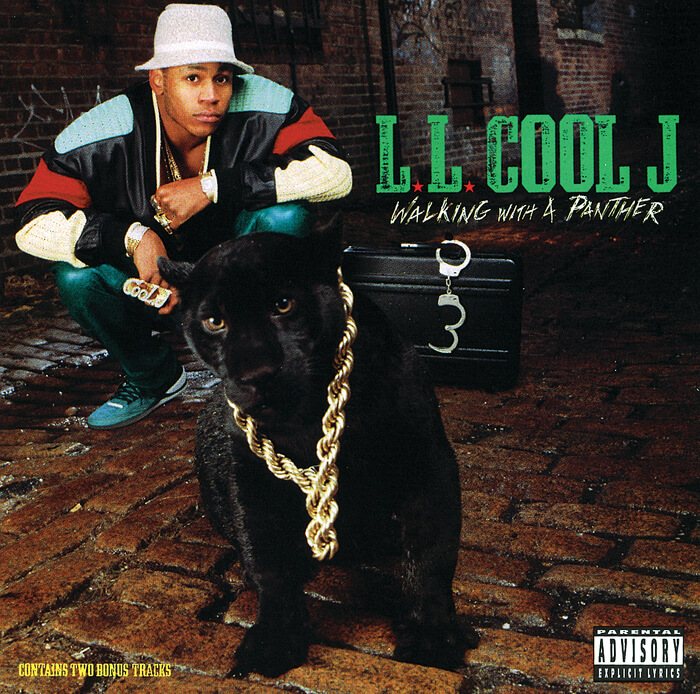
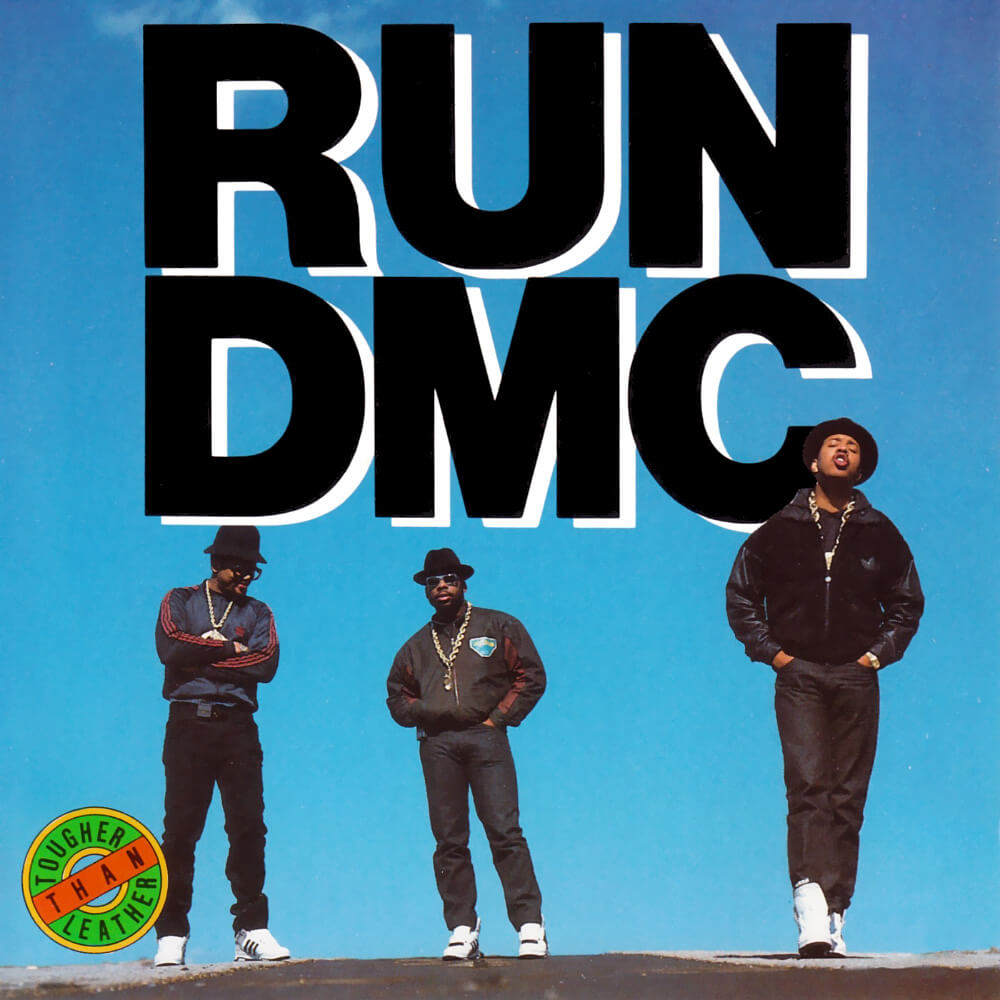
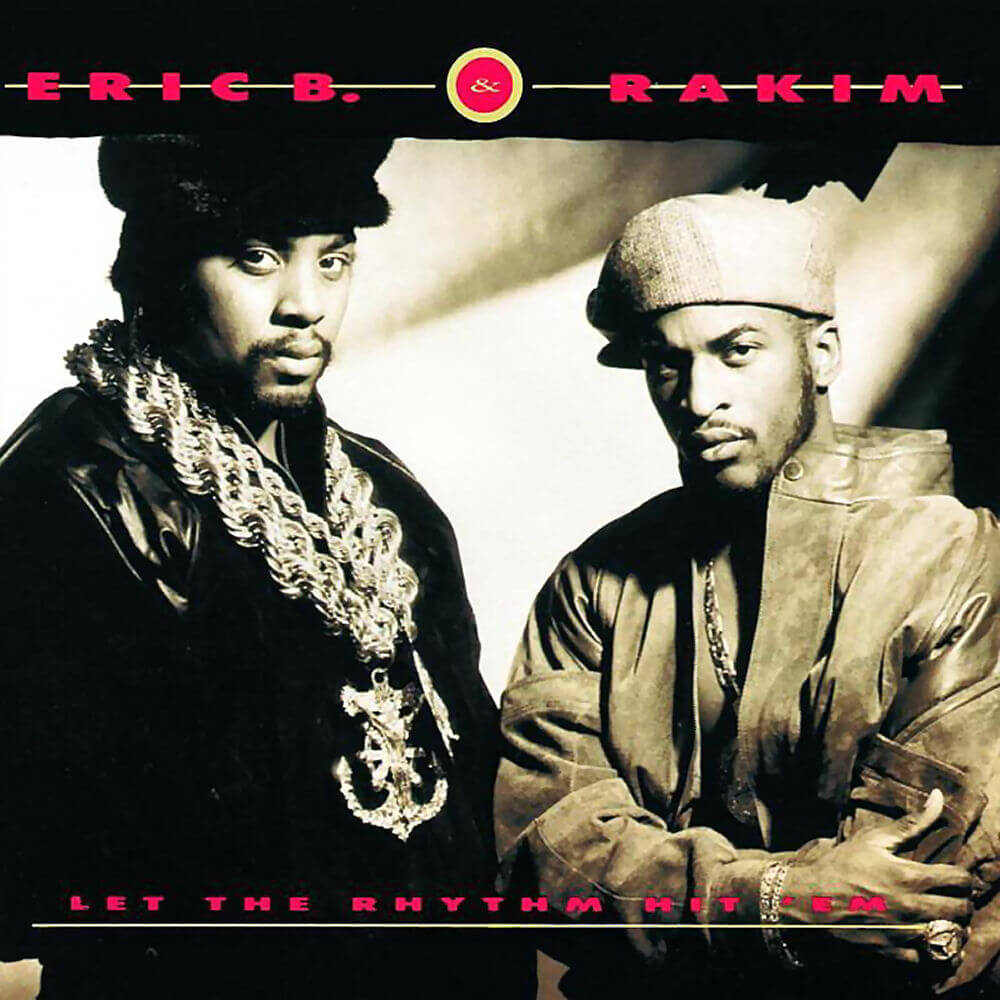

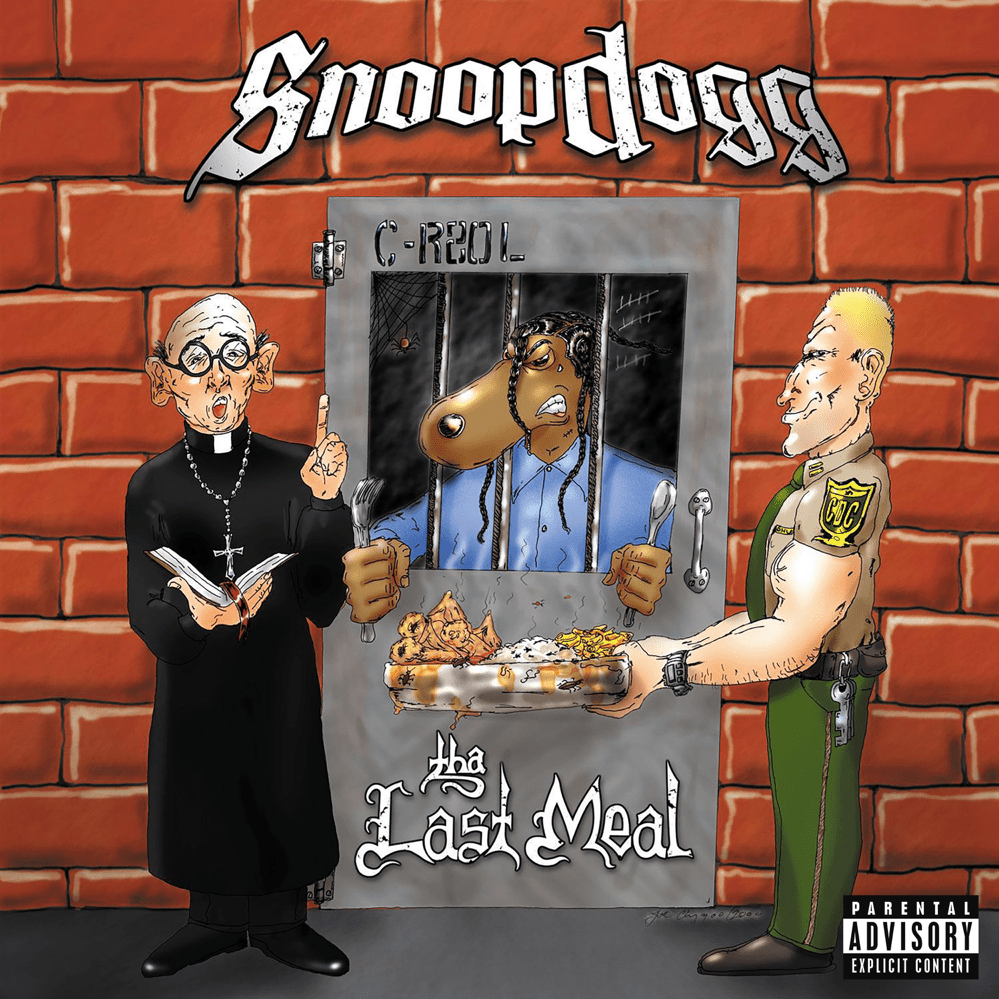
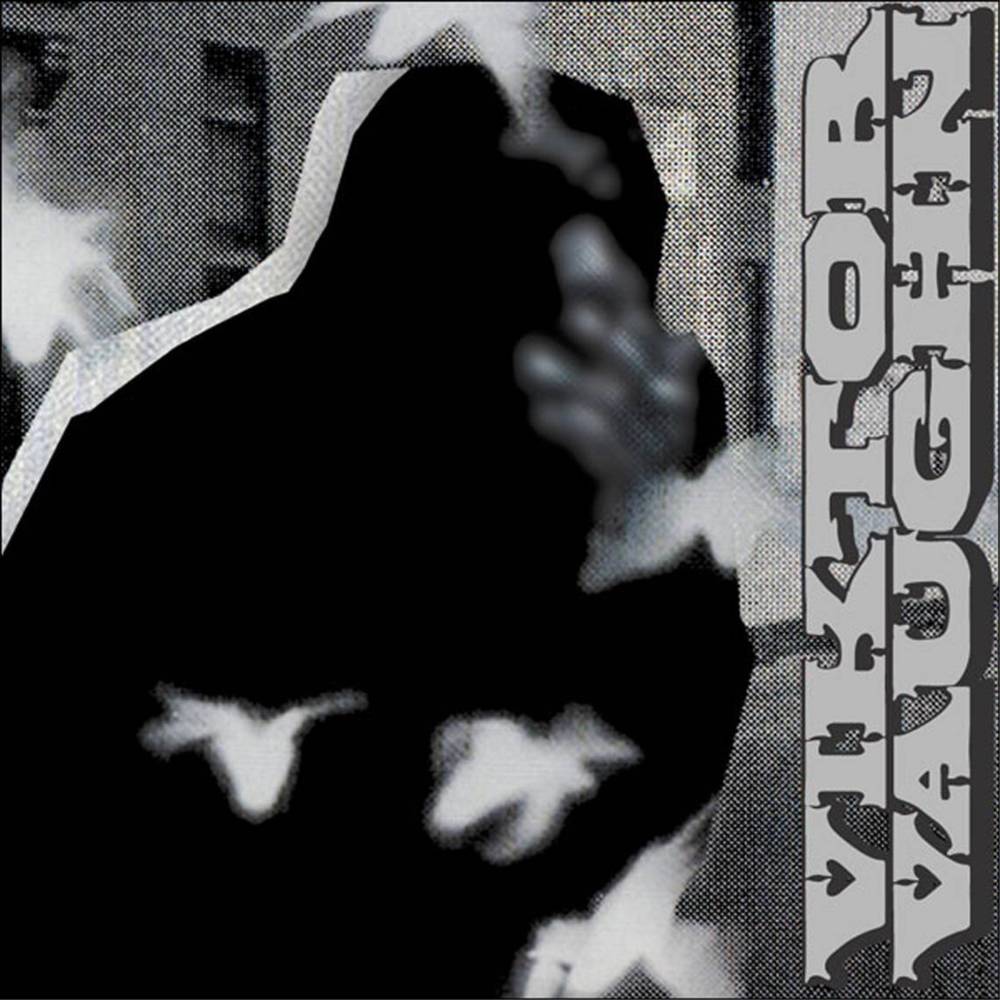
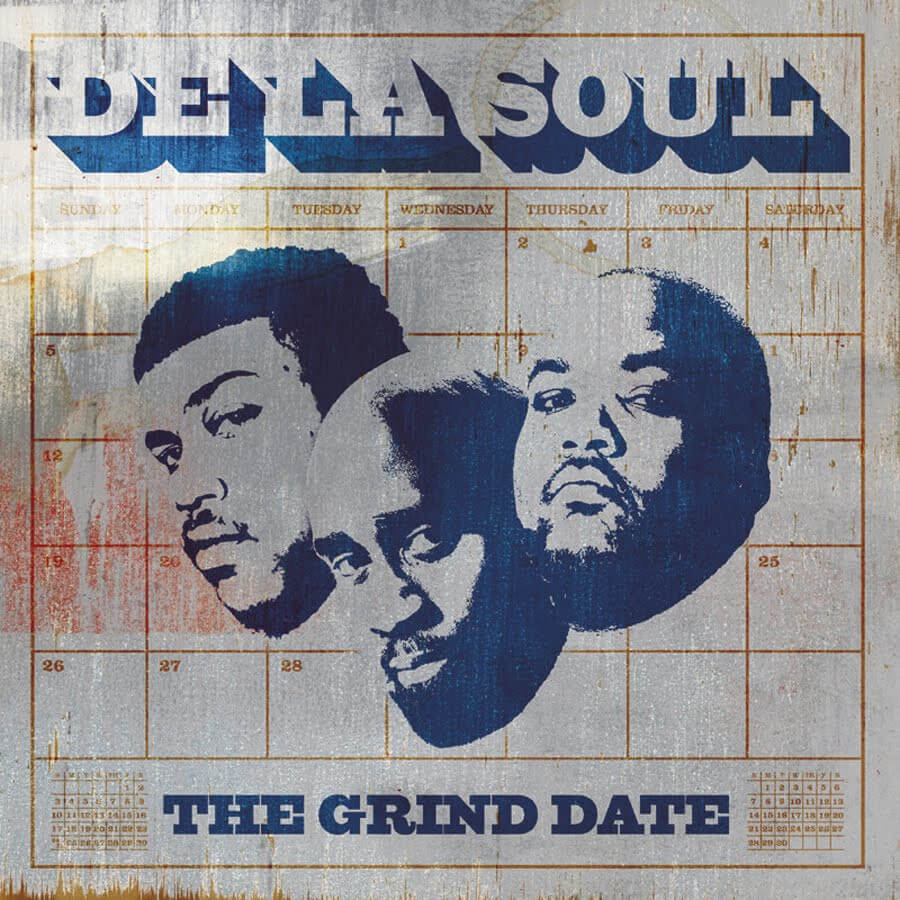
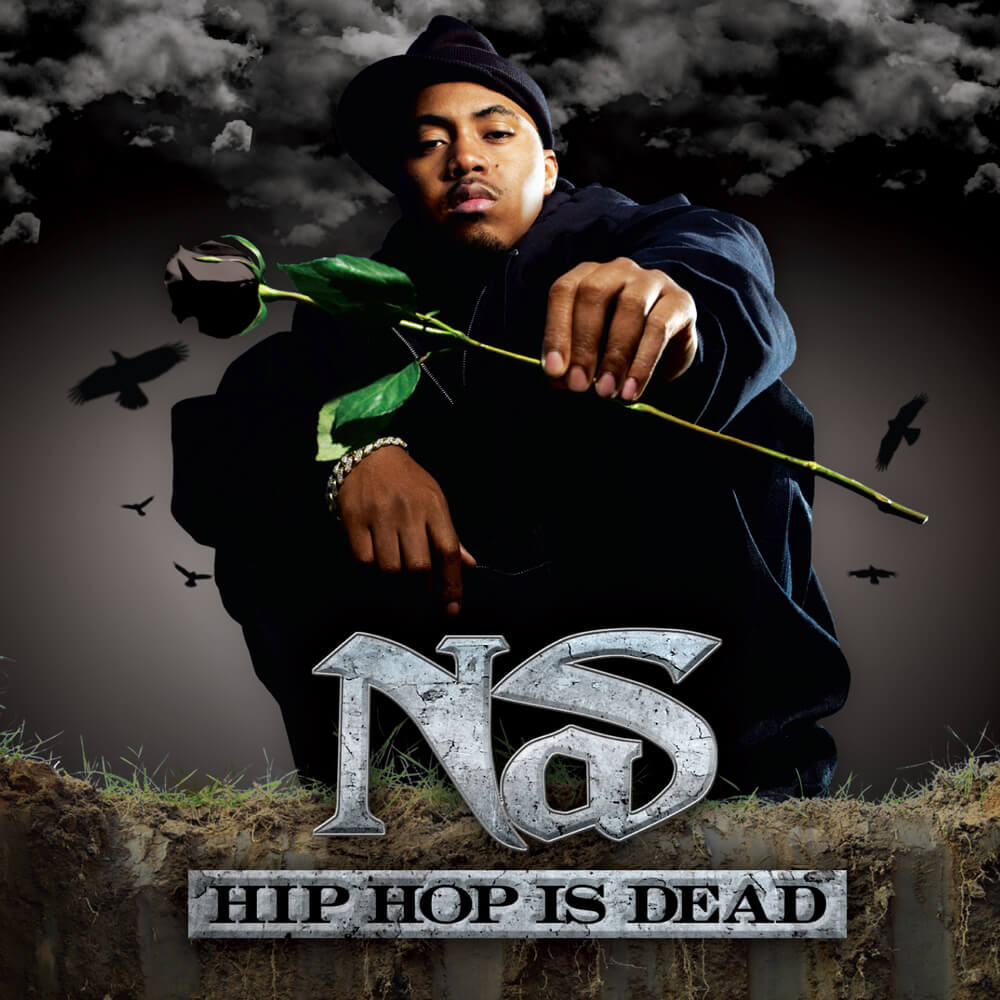
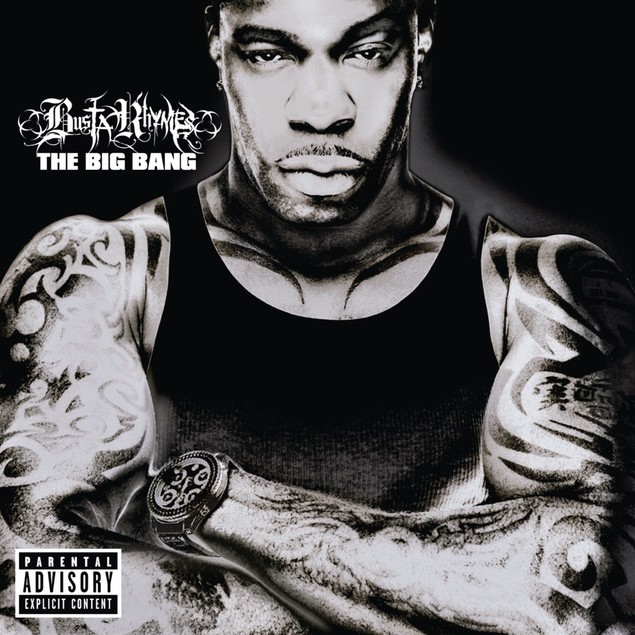
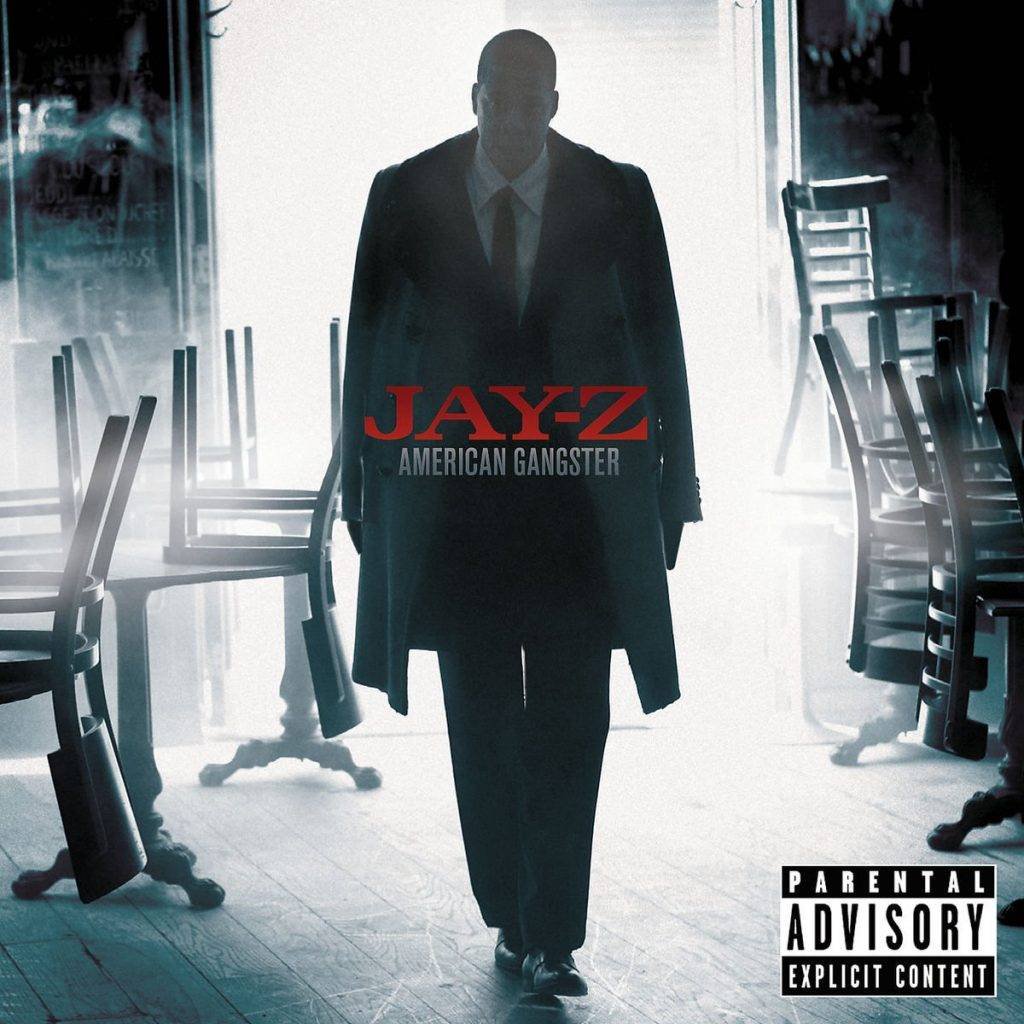
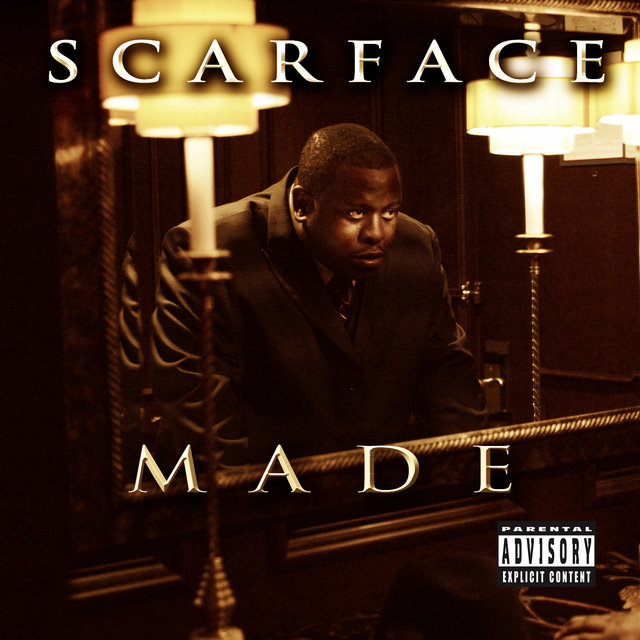
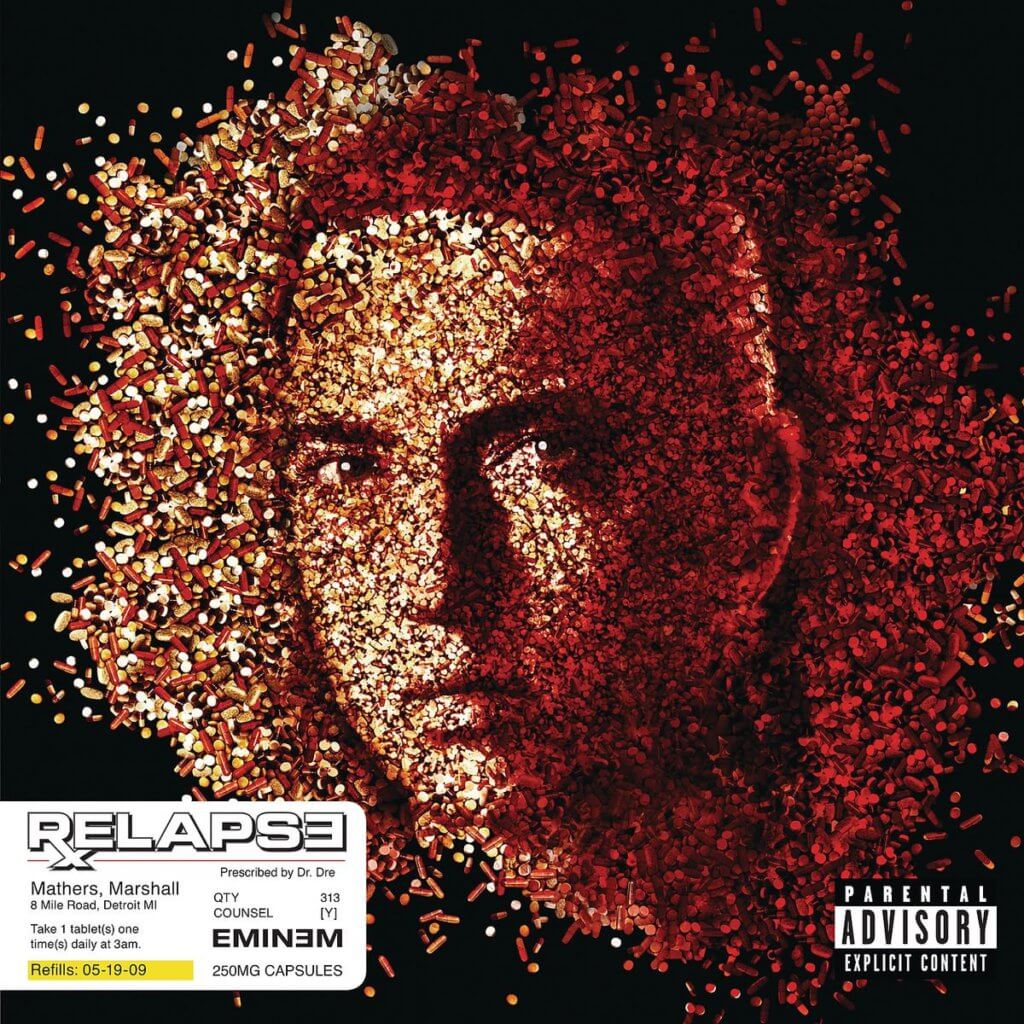
Kool G Rap is among the most criminally underrated artists in the game, as is DJ Polo. Their album, Wanted Dead or Alive, is straight concentrated banging-a** dopeness from track 1 to last. His exceptional story-telling prowess in all its grit, grime and fury is on full display, as is DJ Polo’s hard-charging production. a real slept-on gem.